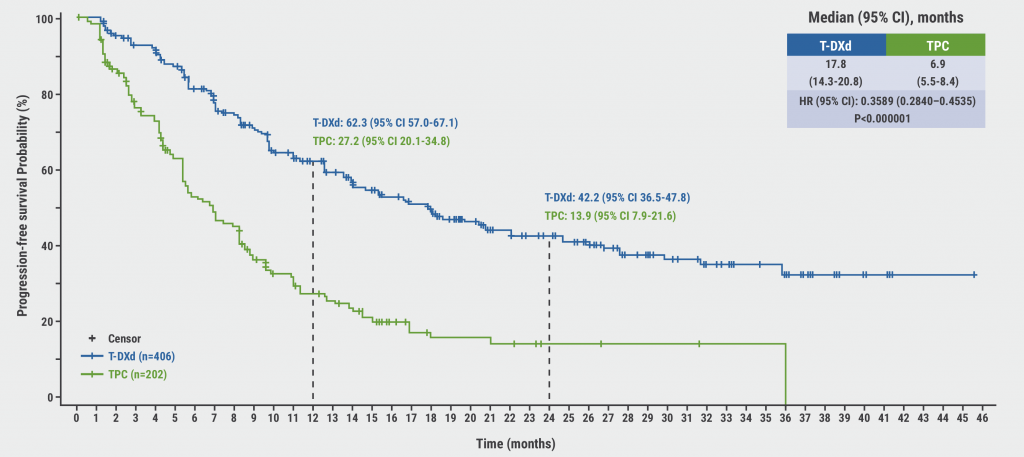"This could help clinicians in the identification of patients who likely can develop bone metastasis and who could benefit from personalized treatments and follow-up strategies to prevent metastatic disease," researchers write in the journal Bone.
"Bone is one of the most preferred sites of metastatic spread from different cancer types, including breast cancer. Despite advances in the diagnosis, the identification of patients at high-risk of bone recurrence is still an unmet clinical need," write Dr. Laura Mercatali of the Scientific Institute of Romagna for the Study and Treatment of Tumors (IRST), in Meldola, and colleagues.
To identify a tumor-derived factor associated with risk of bone metastasis, the researchers compared gene and protein expression in 90 women with surgically resected breast cancer, including 31 with no evidence of distant metastasis, 27 with visceral metastasis and 32 with bone metastasis.
TFF1 was "strictly correlated to bone metastasis from ER+ breast cancer," they report. The researchers extended and confirmed their result with a public clinical dataset of breast-cancer patients.
TFF1 proved to be a "specific and accurate biomarker of bone metastasis risk" in this breast-cancer subtype, they say.
They note that the functional role of TFF1 protein in the development of bone metastasis remains unknown.
"In breast cancer, TFF1 function is still controversial. It possesses the potential to act as an autocrine and paracrine growth factor promoting cell-survival, anchorage-independent growth and motility. It is highly expressed under the induction of estrogen in ER+ breast cancer cells where it stimulates the proliferation both in vitro and in vivo model. Also, it is able to stimulate migration and aggressiveness," they explain.
Whether TFF1 is "functionally essential for bone metastasis and in which stage of the progression is still not clear and further studies are warranted," they conclude.
The study had no commercial funding and the authors have no relevant disclosures. Dr. Mercatali did not respond to a request for comment by press time.
SOURCE: https://bit.ly/3mwzugW Bone, online November 27, 2020.
By Reuters Staff
Posted on
Previous Article
« AHA urges more attention to heart risks during menopausal transition Next Article
Simple eye exam could lead to early diagnosis of Parkinson’s »
« AHA urges more attention to heart risks during menopausal transition Next Article
Simple eye exam could lead to early diagnosis of Parkinson’s »
Related Articles

October 9, 2020
Pfizer’s breast cancer drug Ibrance fails late-stage study
© 2024 Medicom Medical Publishers. All rights reserved. Terms and Conditions | Privacy Policy
HEAD OFFICE
Laarderhoogtweg 25
1101 EB Amsterdam
The Netherlands
T: +31 85 4012 560
E: publishers@medicom-publishers.com

